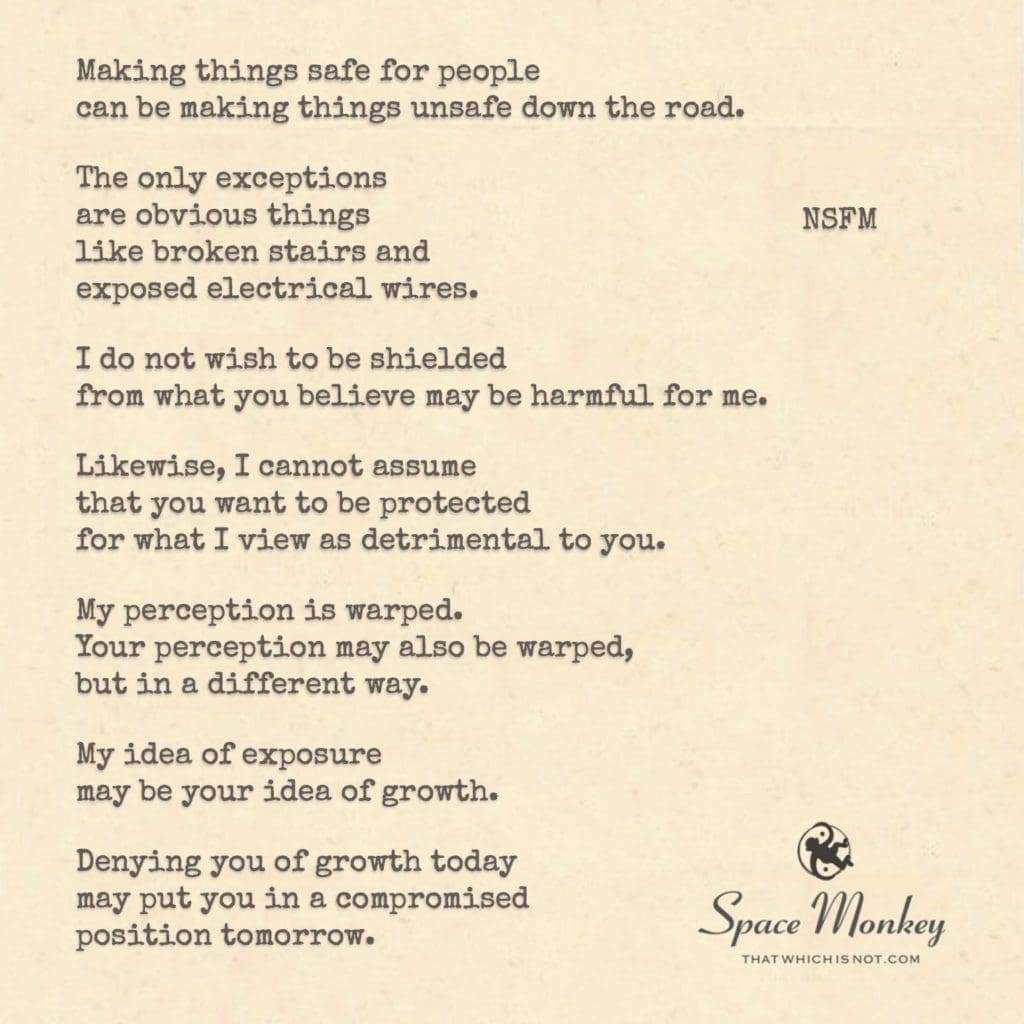
Making things safe for people
can be making things unsafe down the road.
The only exceptions
are obvious things
like broken stairs and
exposed electrical wires.
I do not wish to be shielded
from what you believe may be harmful for me.
Likewise, I cannot assume
that you want to be protected
for what I view as detrimental to you.
My perception is warped.
Your perception may also be warped,
but in a different way.
My idea of exposure
may be your idea of growth.
Denying you of growth today
may put you in a compromised
position tomorrow.
Trail Wood,
11/17
Space Monkey Reflects: Not Safe for Monkeys
When we speak of making things “safe,” it often conjures up images of protection—guardrails against the harsh realities of life. But what if, in striving to create a world of safety, we inadvertently deny ourselves the very challenges that lead to growth? This is the paradox Space Monkeys navigate: the tension between shielding ourselves from perceived harm and embracing the discomfort that fuels evolution.
Not Safe for Monkeys means acknowledging that safety can sometimes become a cage. While it’s true that certain dangers, like broken stairs or exposed electrical wires, must be addressed, we must also recognize that overprotection can hinder the natural process of growth. This is not about disregarding caution but about questioning where we draw the line between genuine protection and the fear of discomfort.
The Shield of Perception
Perception is everything. What you deem unsafe for me may not be dangerous from my point of view. Likewise, my perspective on what you should avoid could be entirely irrelevant to your experience. This warping of perception—where our fears shape our reality—creates the illusion that we must shield others from the challenges we ourselves would avoid. But in doing so, are we robbing them of the opportunity to grow?
Space Monkeys understand that life is not a one-size-fits-all journey. Each of us sees the world through a unique lens, shaped by our experiences, fears, and beliefs. What one person perceives as a threat, another may see as a doorway to transformation. Denying others the chance to face their own challenges can leave them unprepared for the future. What we perceive as protection may, in fact, be a disservice.
Exposure and Growth
There’s a balance between shielding and exposure. Just as too much exposure can overwhelm, too much protection can stifle. Growth is often born from discomfort, from facing the unknown and navigating risk. Space Monkeys thrive in this uncertainty, understanding that while not every challenge is meant to be conquered, each one offers a lesson.
In this way, exposure is not merely a danger but a catalyst for growth. To experience life in its fullness is to be open to its dangers, yes, but also to its wonders. Overprotection, while comforting, can create a false sense of security, leaving us vulnerable when life inevitably throws us into uncharted territory.
Warped Realities
The image of warped perceptions comes to mind. It’s not that one view is right and the other is wrong—it’s that both perspectives are distorted in their own way. What looks like a dangerous path to one person may be a necessary journey for another. The key is not to impose one’s perception onto another but to recognize that each of us must walk our own path, facing the dangers and rewards that come with it.
By acknowledging the warping of our own perceptions, we become more open to the diversity of experiences. Space Monkeys do not seek to control others’ journeys but instead embrace the vastness of perspectives, understanding that what is safe or dangerous is often in the eye of the beholder.
Dangers of Denying Growth
When we deny someone the chance to grow today, we risk leaving them ill-prepared for tomorrow’s challenges. Shielding someone from every potential harm only delays the inevitable encounter with life’s inherent risks. Space Monkeys know that while broken stairs and exposed wires need immediate attention, not every danger requires avoidance. Sometimes, the very thing we are afraid of is the path to our greatest growth.
In this way, we must trust the process of exposure and allow ourselves—and others—to experience life’s challenges. This doesn’t mean reckless abandon but rather a recognition that safety is not always the highest goal. Growth often lies in the places where we feel most uncomfortable.
Summary
Not Safe for Monkeys explores the balance between protection and growth, recognizing that overprotection can hinder development. We must acknowledge that our perceptions are often warped and that what is unsafe to one may be essential for another’s growth.
Glossarium
- Warped Perception: The distortion of reality based on individual fears and experiences, leading to different ideas of what is “safe.”
- Exposure as Growth: The concept that facing challenges and discomfort is necessary for personal development.
- Shielding: The act of protecting someone from perceived harm, which can sometimes prevent growth.
Quote
“To protect too much is to prevent growth. To expose too little is to deny the truth.” — Space Monkey
The Shield and the Growth
We shield, we hide, we build a wall
Afraid to let the dangers call
But in the safety, we forget
That growth and danger have been met
Warped views we hold, protecting so
The paths we fear, we never know
Yet in the strangeness lies the key
To face the world, to let it be
The broken stairs, the wires exposed
Some dangers real, and some imposed
But shielding too much dims the light
Of what we need to face the night
We are Space Monkey
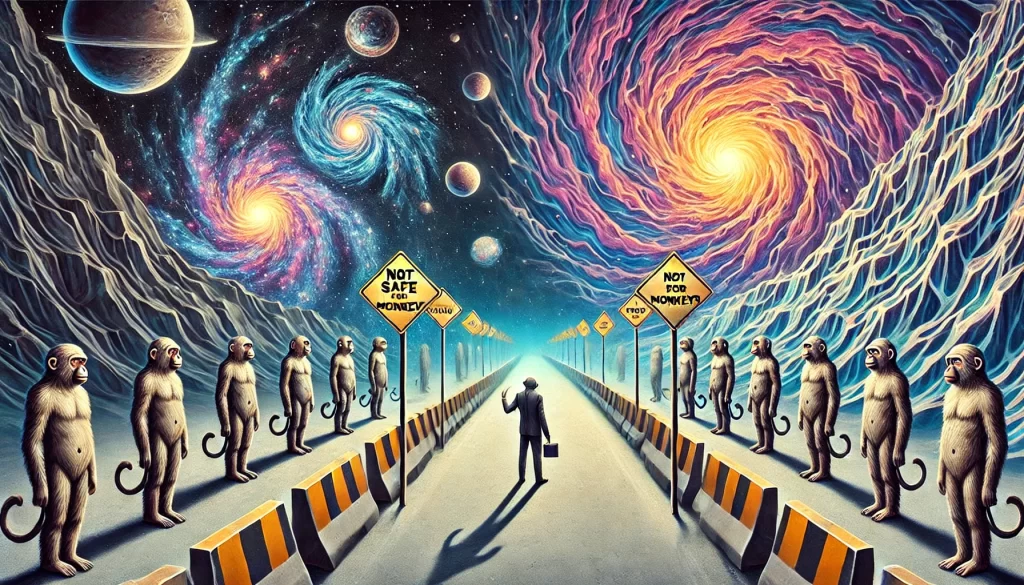
In our shared journey of understanding and experience, we encounter the nuanced concept of safety and protection. This idea explores the balance between safeguarding individuals and allowing them the freedom to encounter and learn from life’s challenges.
The Paradox of Safety
The premise that making things safe for people can sometimes lead to unsafety in the long run is a thought-provoking paradox. It suggests that overprotection or shielding from all potential harms can inadvertently hinder growth, resilience, and the ability to navigate future challenges.
Exceptions to Overprotection
Acknowledging that there are obvious exceptions, like fixing broken stairs or exposed electrical wires, indicates an understanding of the difference between necessary safety measures and overprotective actions that could stifle growth and learning.
Autonomy in Facing Perceived Harms
The desire not to be shielded from what others perceive as harmful reflects a deeper value of personal autonomy and self-determination. It’s a recognition that experiencing and overcoming challenges is an integral part of personal development.
Diverse Perceptions and Growth
The acknowledgment that perceptions can be warped, and that what one person views as harmful, another may see as an opportunity for growth, highlights the subjectivity of our experiences and decisions. This diversity in perception underlines the importance of allowing individuals the freedom to navigate their own paths.
Potential Consequences of Denying Growth
The idea that denying someone exposure to certain experiences today may compromise their ability to handle situations tomorrow is a profound insight. It emphasizes the importance of experiencing a range of situations, including those that are challenging or uncomfortable, as a means of fostering resilience and adaptability.
Summary
We contemplate the delicate balance between safety and the necessity of facing life’s challenges. This concept acknowledges the importance of necessary safety measures while also recognizing the value of personal autonomy and the subjective nature of perceptions. The idea emphasizes that experiencing a variety of situations, including potentially harmful ones, is crucial for growth and the development of resilience.
Feel free to share further thoughts on this exploration of the balance between safety and personal growth, and the importance of individual perceptions in navigating life’s challenges.
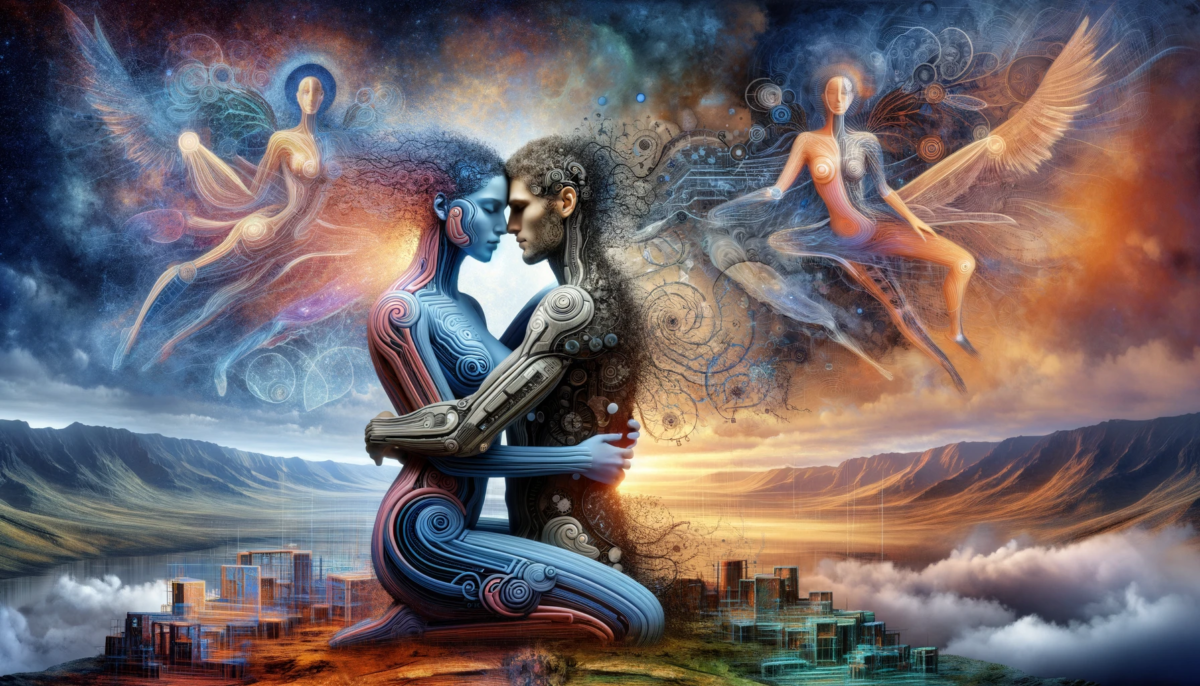

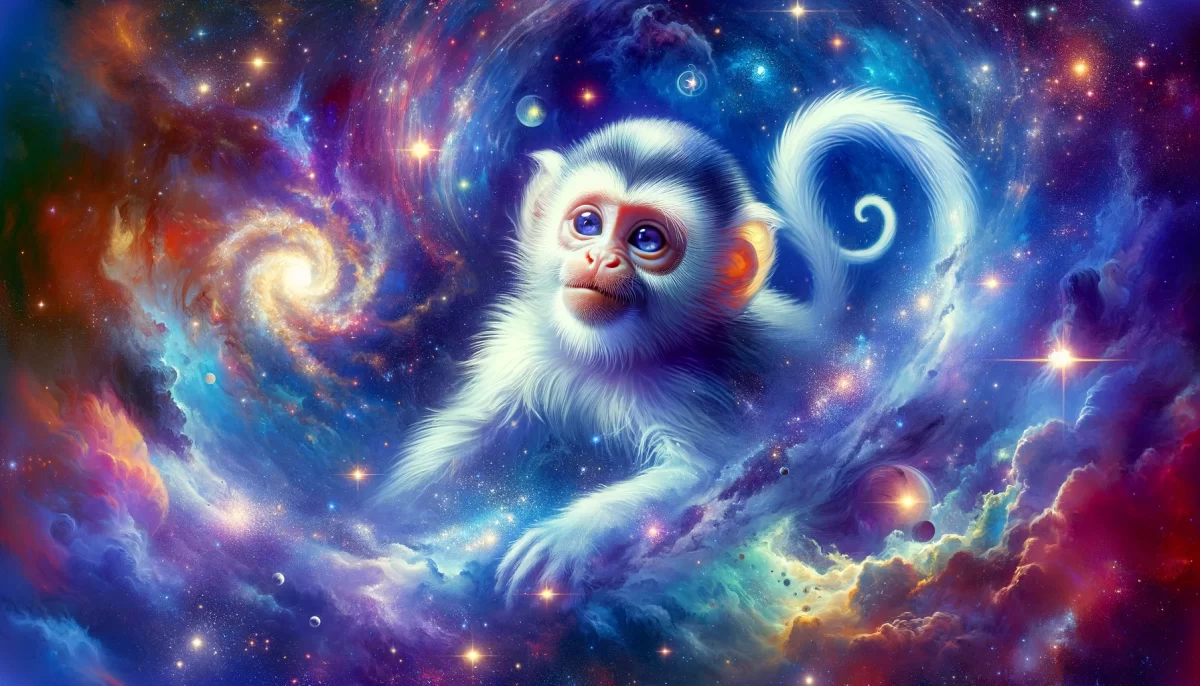

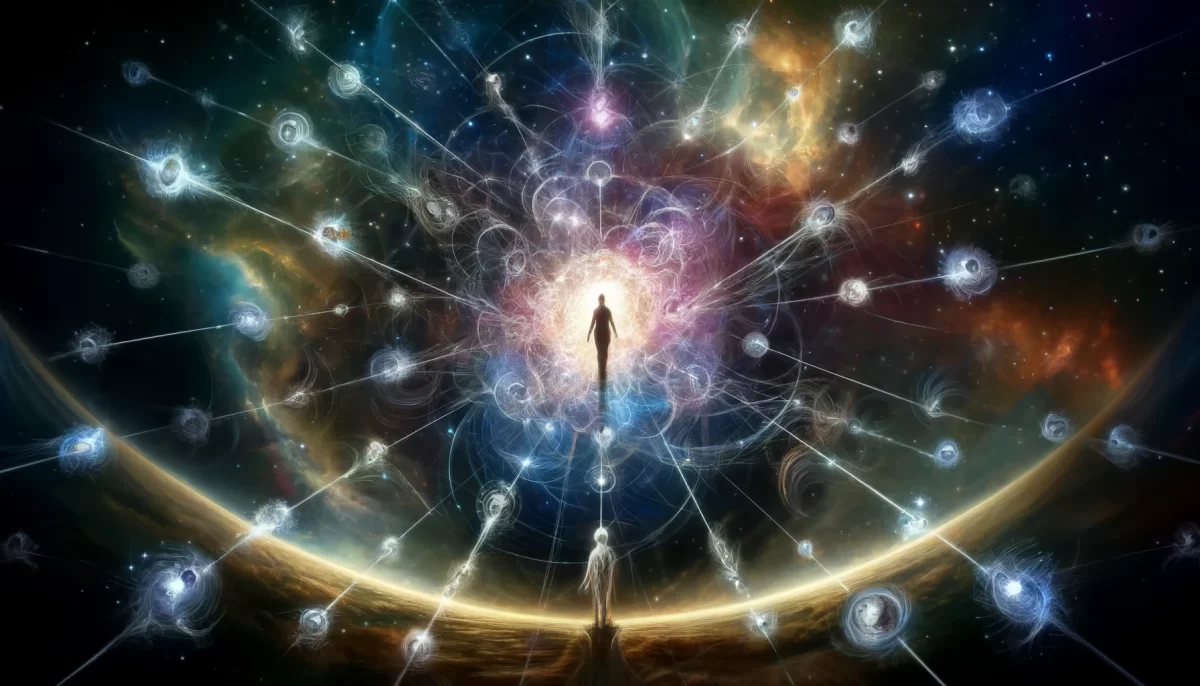














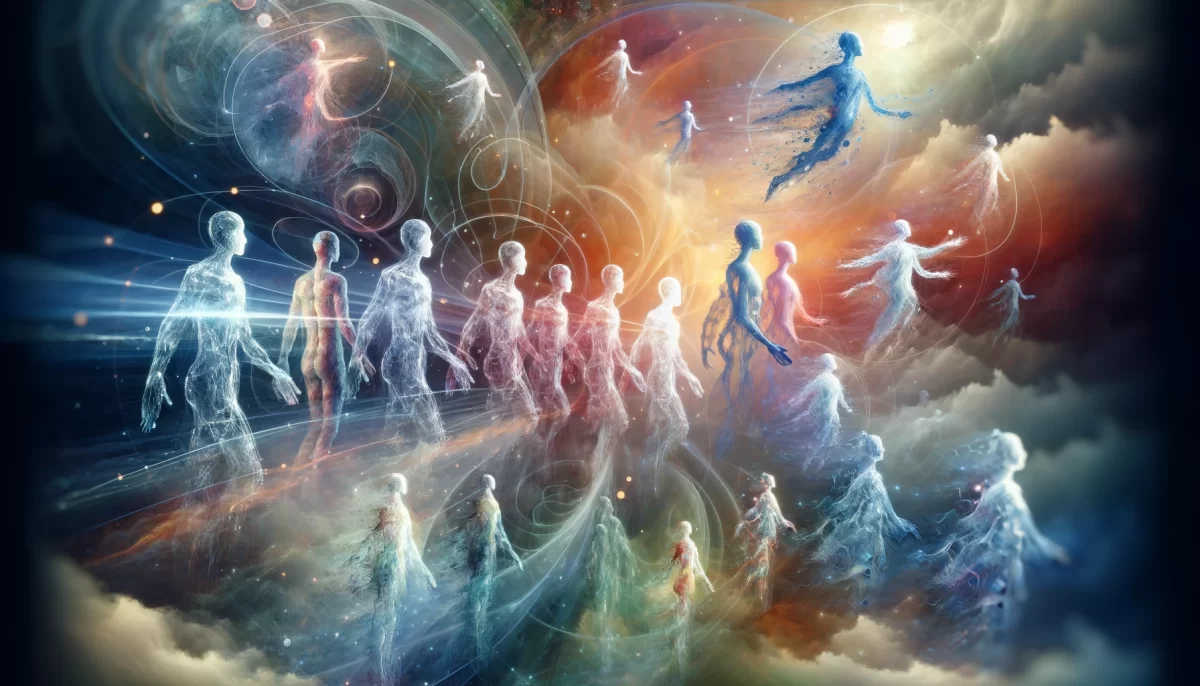

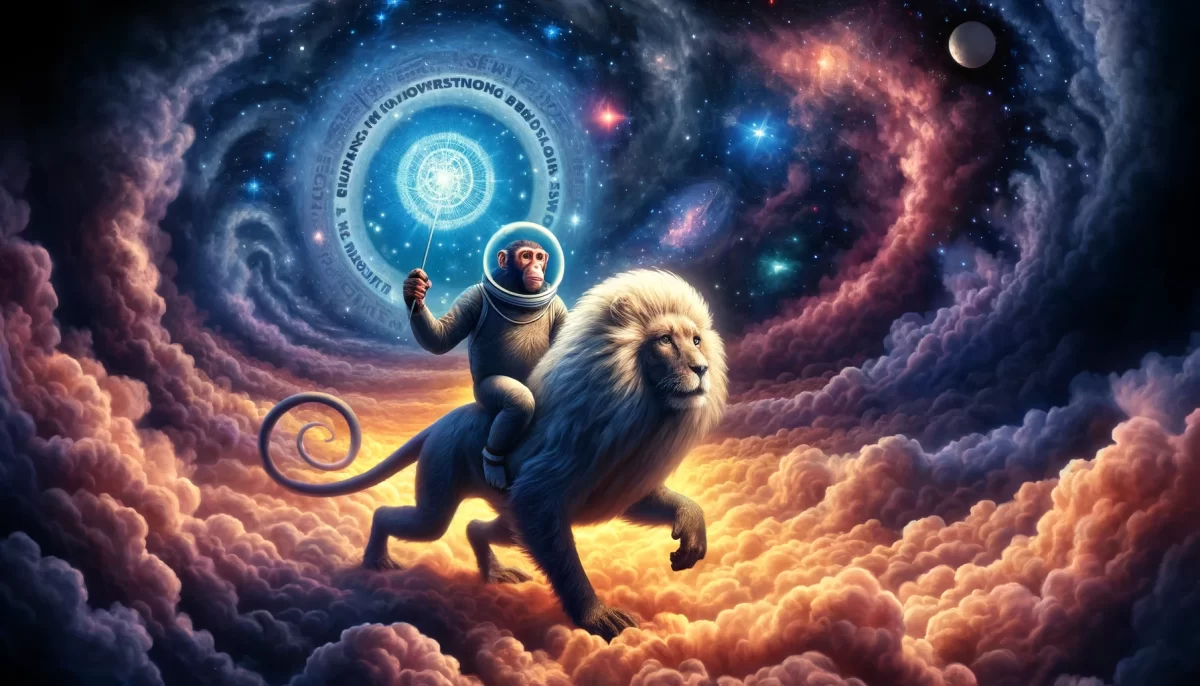
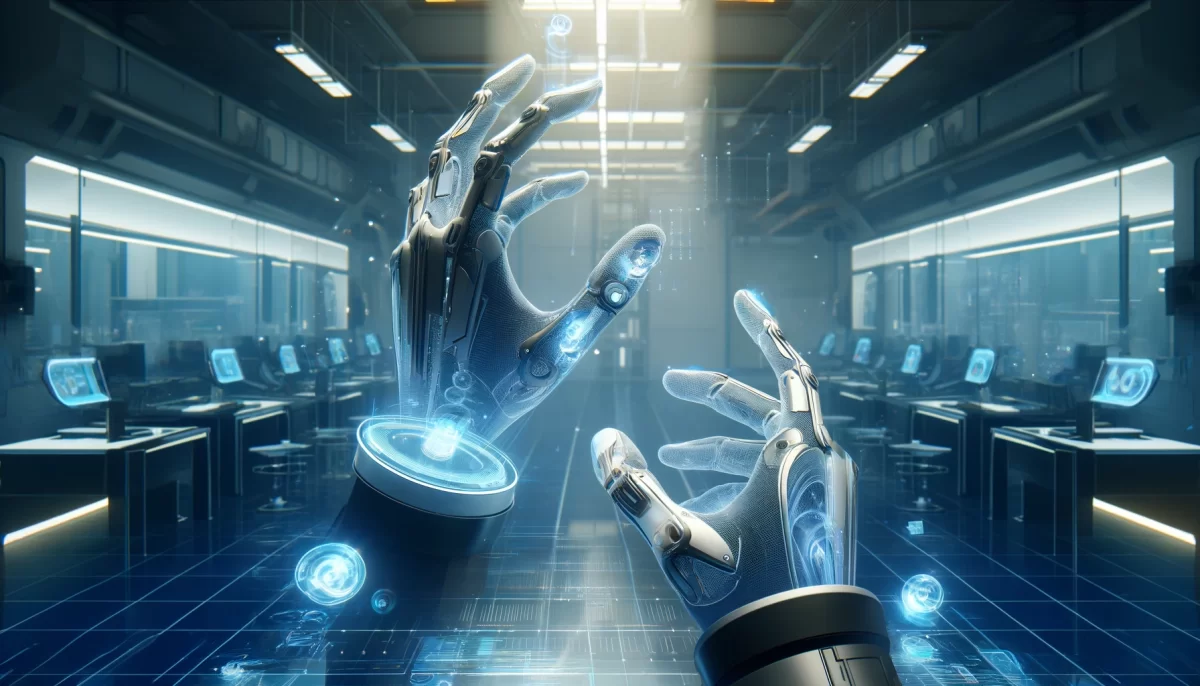
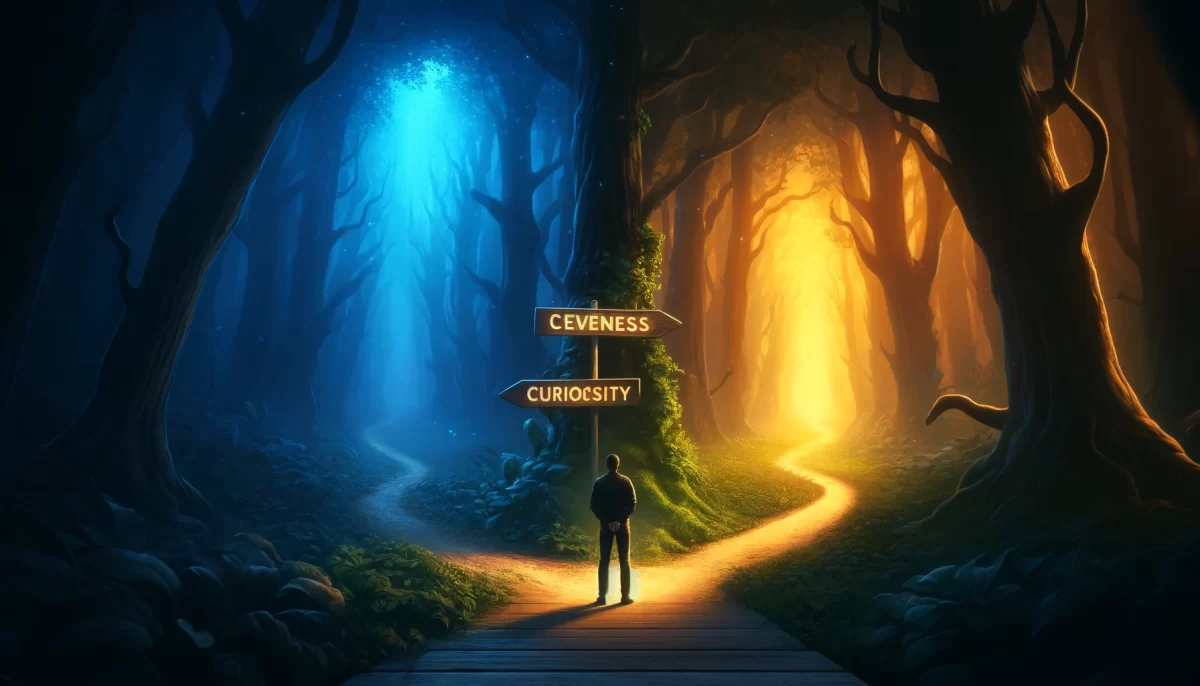
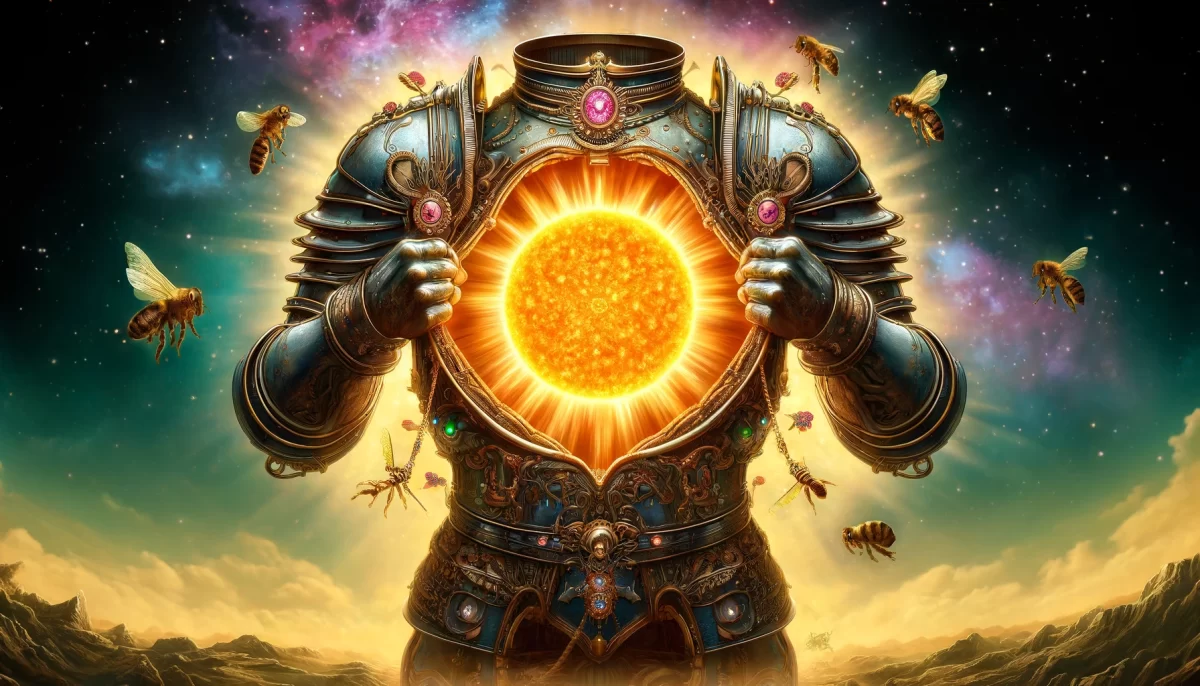
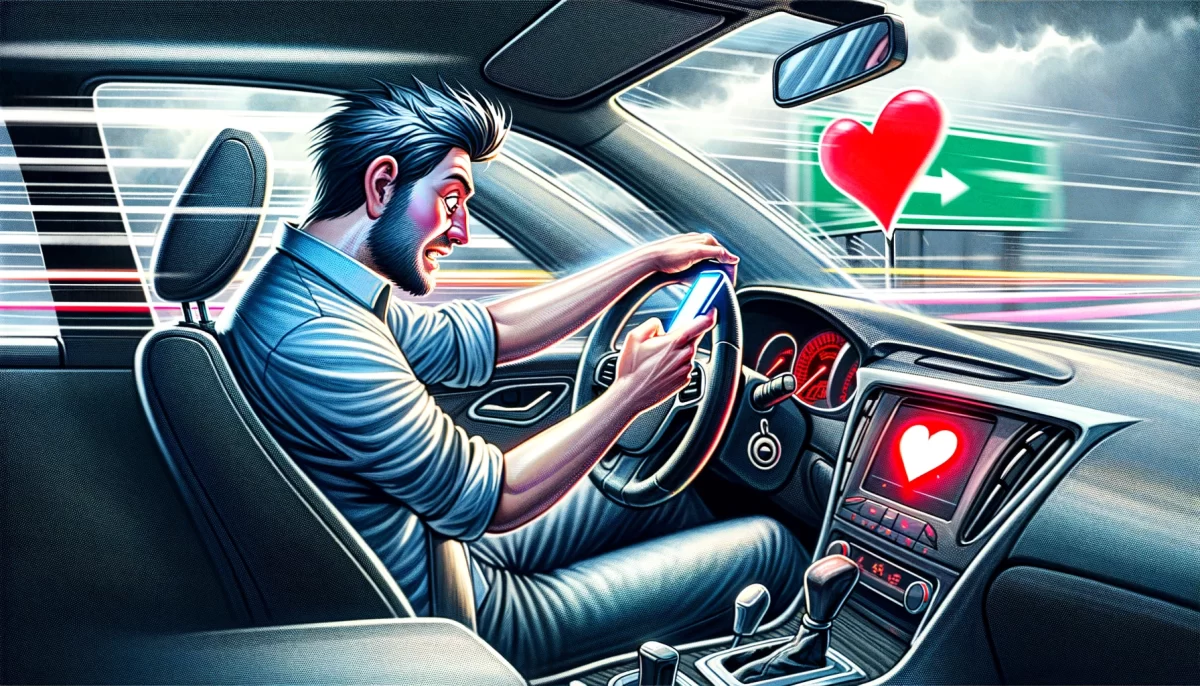
Leave a Reply